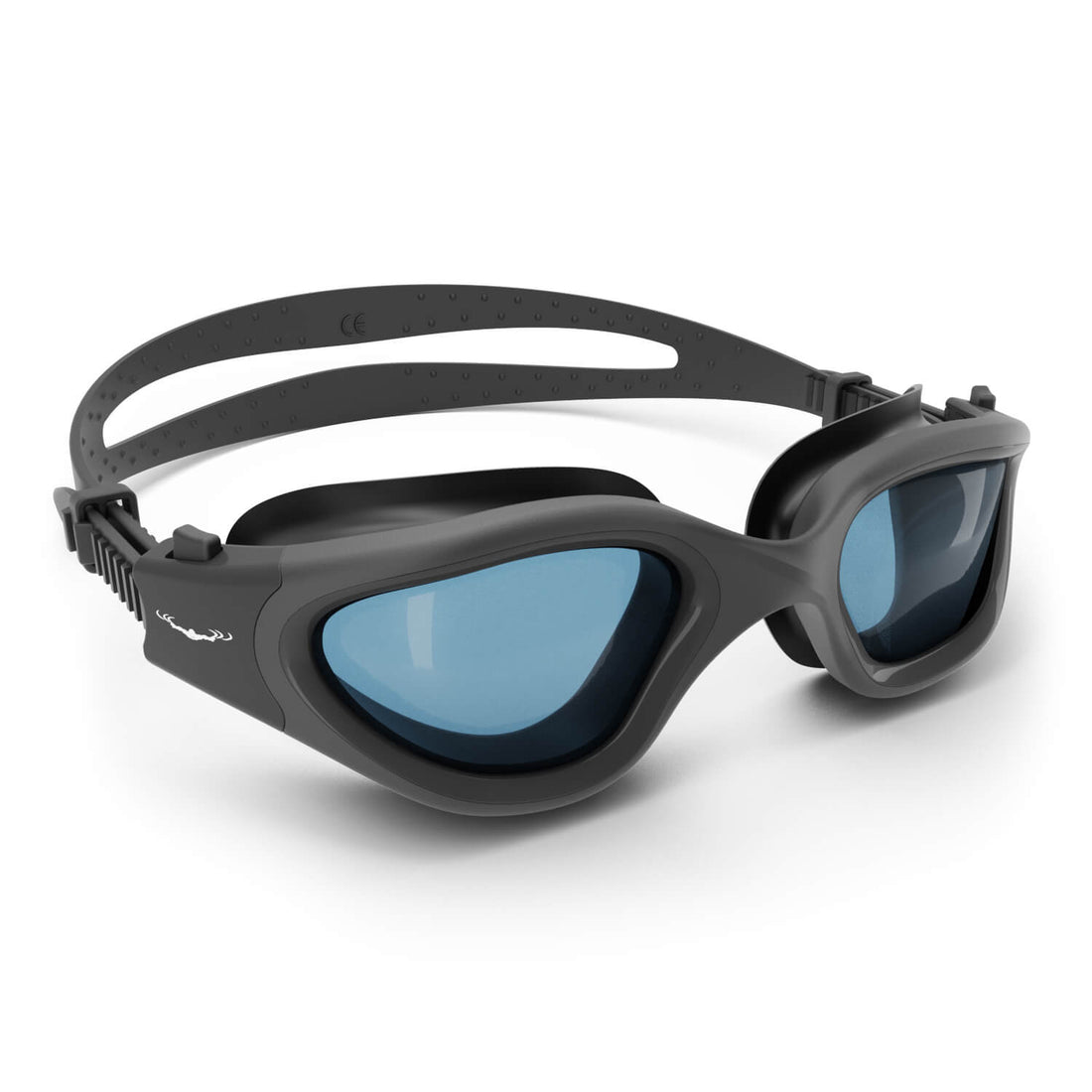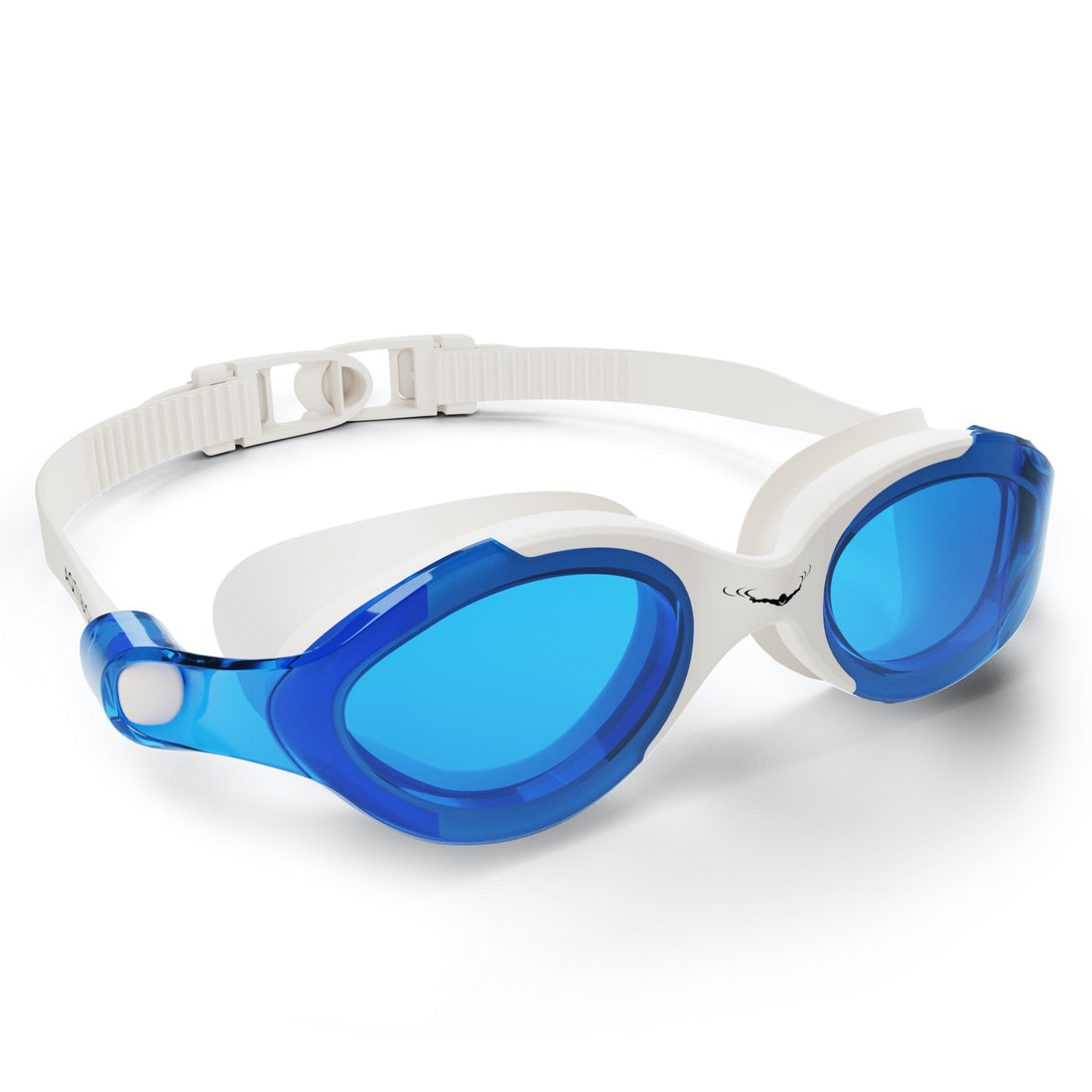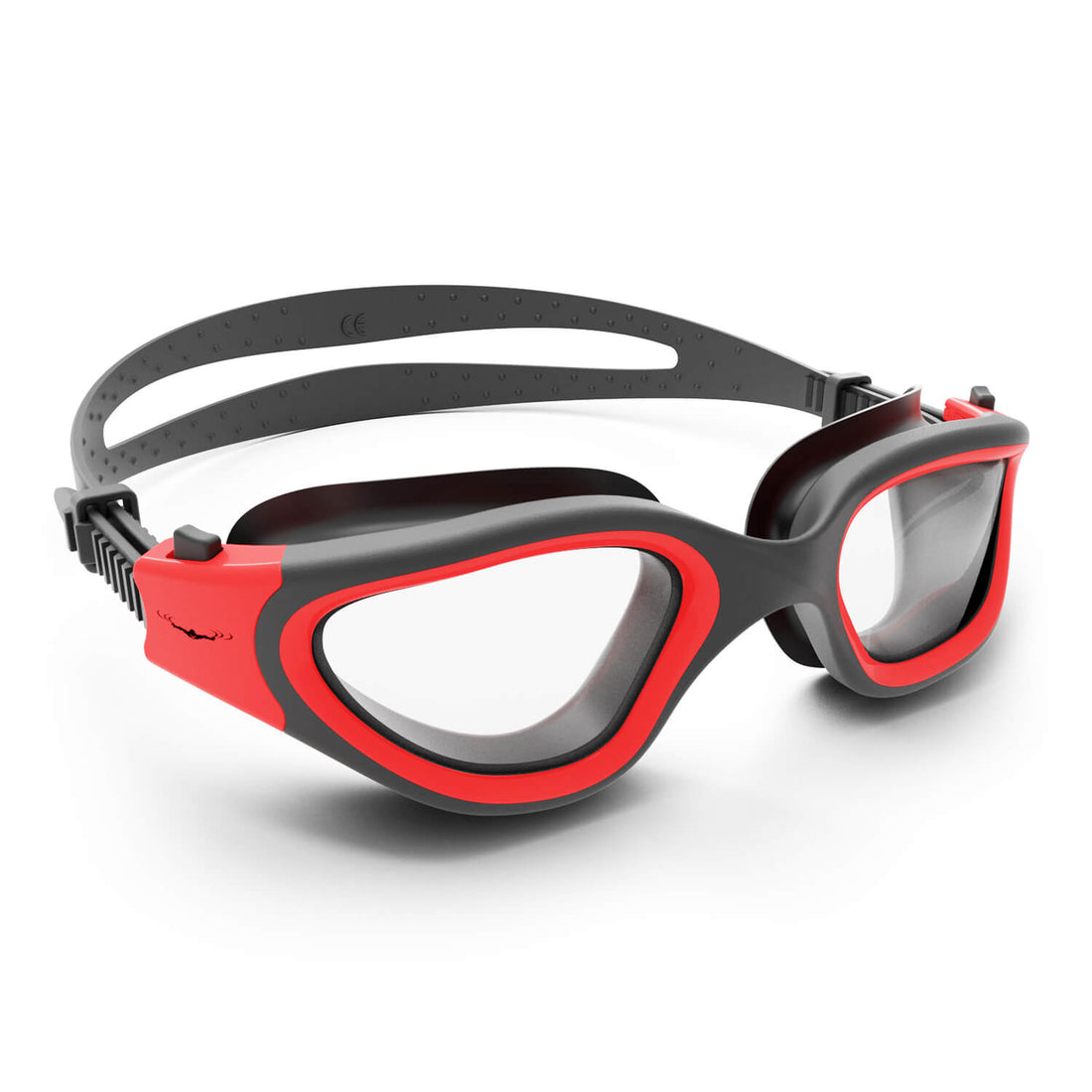Aquatic therapy is an increasingly popular approach used by healthcare professionals to aid in rehabilitation and enhance wellness. It's done in a controlled water environment, utilizing the unique properties of water to support physical and psychological healing. Whether you're dealing with an injury, chronic pain, or simply looking to improve your well-being, aquatic therapy offers numerous benefits. In this article, we will explore the therapeutic benefits of aquatic therapy, how it works, and the essential gear you need to get started.
Understanding Aquatic Therapy
Aquatic therapy, also known as water therapy or pool therapy, is conducted in swimming pools or similar water environments. One of its main advantages is that water provides buoyancy, which reduces the strain on joints and muscles during exercise. This makes it an excellent alternative for individuals who may have limited mobility or experience pain during traditional physical therapy.
The Science Behind Aquatic Therapy
The buoyancy of water allows individuals to participate in exercises that they may struggle with on land. Water resistance assists in building strength without overexerting the body. Additionally, the hydrostatic pressure experienced in water can help reduce edema and promote circulation. Various aquatic therapy programs can focus on a range of conditions, from post-surgery rehabilitation to general fitness.
Benefits of Aquatic Therapy: A Deep Dive
There are numerous benefits to engaging in aquatic therapy. Here are some key advantages:
- Reduced Pain: The supportive nature of water alleviates stress on the body, reducing pain during movement and facilitating a greater range of motion.
- Improved Mobility: Buoyancy allows for gentle movement and stretching, which can enhance flexibility and overall mobility.
- Strength Building: Water provides resistance during movements, helping build strength in muscles without the risks associated with traditional weight training.
- Increased Circulation: The pressure of water against the body encourages improved blood flow, which can aid in recovery from injuries.
- Enhanced Balance and Coordination: Aquatic exercises can improve balance and coordination skills, reducing the risk of falls when transitioning to dry land.
- Stress Relief: The soothing properties of water can be profoundly relaxing, helping to reduce anxiety and stress. Think of it as a natural form of therapy.
Who Can Benefit from Aquatic Therapy?
Aquatic therapy isn't just for athletes or individuals recovering from injuries. It's suitable for a wide range of people, including:
- People recovering from surgery.
- Individuals with chronic pain conditions.
- Those looking to improve their fitness level.
- Individuals with disability or mobility challenges.
- Older adults seeking to enhance balance and strength.
Making the Most of Your Aquatic Therapy Sessions
To fully appreciate the benefits of aquatic therapy, it's essential to prepare adequately for your sessions. Here are some tips to ensure you make the most of your underwater experience:
- Invest in Proper Gear: Equip yourself with swim goggles, swim caps, and comfortable swimwear to enhance your focus on therapy. Swim caps can help keep your hair dry while swim goggles can protect your eyes, allowing you to see clearly underwater.
- Consider Ear Protection: For those sensitive to water entering their ears, swim ear bands or specialized ear plugs can provide much-needed comfort and protection.
- Stay Hydrated: Remember that you are still exercising! Ensure you hydrate before and after your sessions.
- Work with a Professional: A licensed aquatic therapist can tailor a program to meet your specific needs and help ensure you’re using the correct techniques.
Activities Involved in Aquatic Therapy
Aquatic therapy can include various activities that promote physical and emotional healing. Some common options include:
Aqua Aerobics
Aquatic aerobics combines exercise with music and fun. The buoyancy of water allows for low-impact movements that can increase heart rate while being easy on the joints. It's an excellent way to strengthen and condition your body while enjoying the therapeutic benefits of water.
Resistance Training
Using water as resistance can be incredibly effective for building strength. Simple movements like arm lifts and leg swings can build muscle tone without traditional weights. This method is much safer and can be adjusted according to individual capabilities.
Stretching and Flexibility Exercises
Using the natural buoyancy of water, you can stretch more effectively and comfortably. Resistance helps to slowly ease muscles into extended positions, promoting flexibility while minimizing strain.
Success Stories: Transformations through Aquatic Therapy
Aquatic therapy has touched countless lives, with numerous success stories emerging from those who have experienced its benefits. From athletes recovering from injuries to older adults improving balance and coordination, the therapeutic outcomes are diverse and impactful.
For instance, a runner who suffered from a knee injury found that aquatic therapy allowed them to maintain their fitness while healing. By participating in buoyant, low-impact workouts, they could strengthen surrounding muscles and ultimately return to their beloved activity pain-free.
Another remarkable story is that of an elderly individual who had been struggling with mobility and balance. Through dedicated aquatic therapy sessions, they regained confidence in their movements and reduced their risk of falls, completely transforming their lifestyle.
The Role of Water in Mental Wellbeing
Aquatic therapy isn't just beneficial for the body; it can also have profound effects on mental health. The calming nature of water creates a sense of tranquility that can help reduce stress and anxiety. Many individuals report feeling rejuvenated and mentally clear after their sessions. Here's how water influences mental well-being:
- Mindfulness and relaxation: The gentle movement through water encourages participants to focus on their breath and movements, fostering mindfulness.
- Community and socialization: Working with a therapist and participating in group sessions can create a sense of community, reducing feelings of isolation.
- Improved self-esteem: Engaging in exercise, even in water, can lead to a boost in self-esteem and confidence as individuals witness their progress.
How to Get Started with Aquatic Therapy
If you're considering aquatic therapy, here are some steps to help you get started:
- Consult with Your Doctor: Before starting any new therapy program, it's essential to discuss your intentions with your healthcare provider to ensure it's a safe option for you.
- Find a Qualified Aquatic Therapist: Look for a licensed professional who specializes in aquatic therapy. They can guide you in determining a personalized program that fits your needs.
- Gather Necessary Gear: Equip yourself with essential items such as swim goggles, swim caps, and swim ear bands to maximize your underwater experience and comfort.
- Stay Committed: Attend regular sessions to be consistent with your therapy, and track your progress over time.
Embrace the Healing Properties of Water
Aquatic therapy is more than just physical rehabilitation; it’s a holistic approach that nurtures the mind, body, and spirit. With benefits ranging from pain relief to improved mental health, aquatic therapy can change lives for the better. By investing in quality swim gear and committing to sessions with a qualified therapist, you can embark on a journey toward healing and wellness.
So, dive in and explore the world of aquatic therapy—you may discover a transformative path to well-being you never knew existed!










